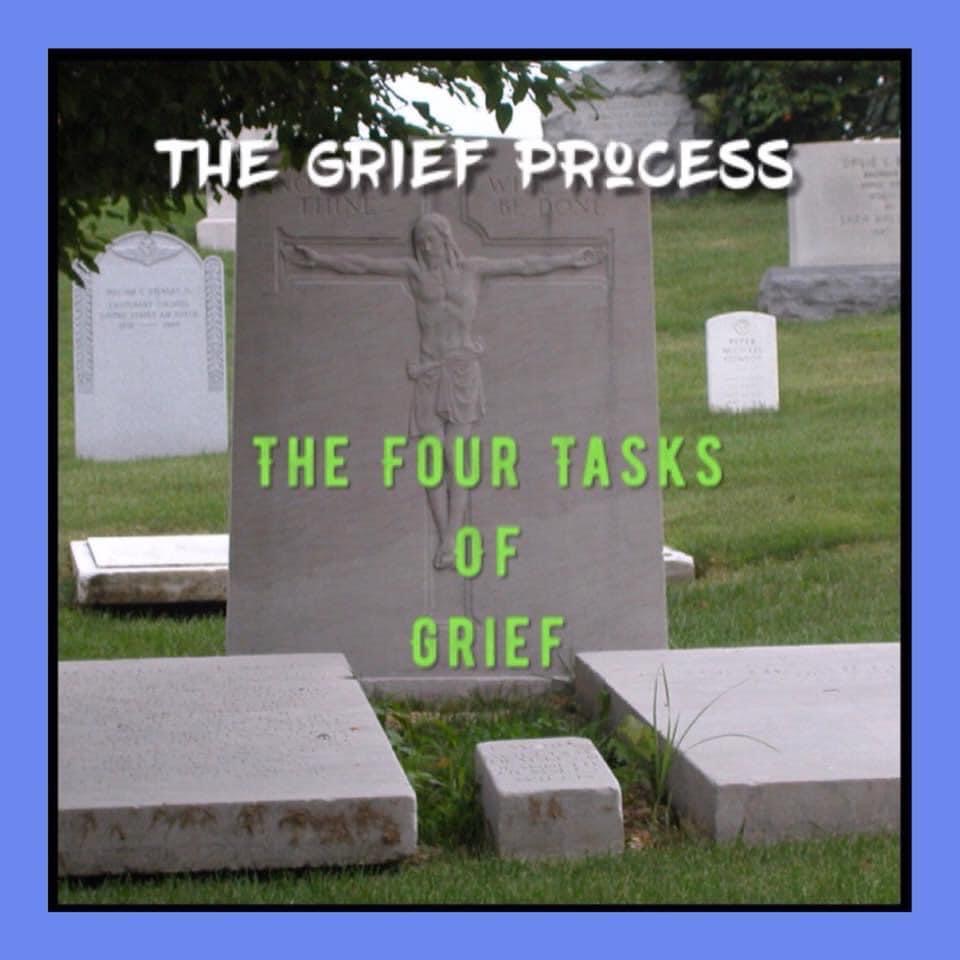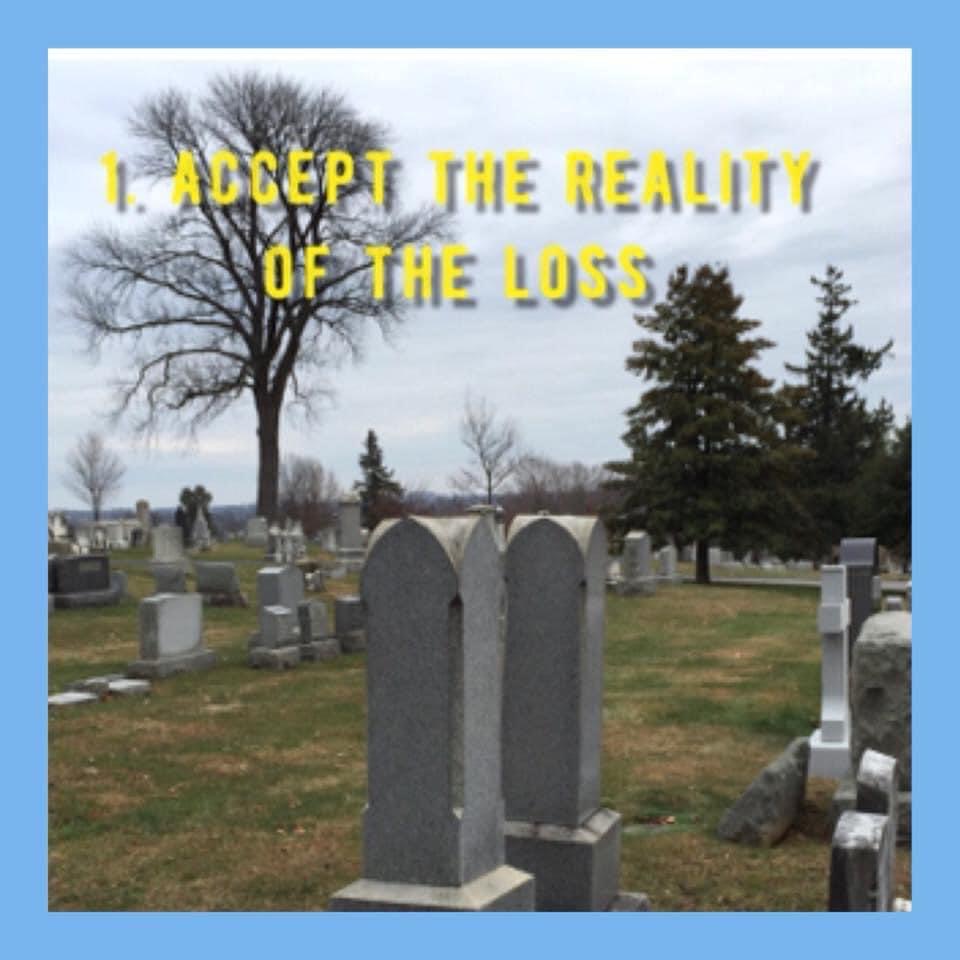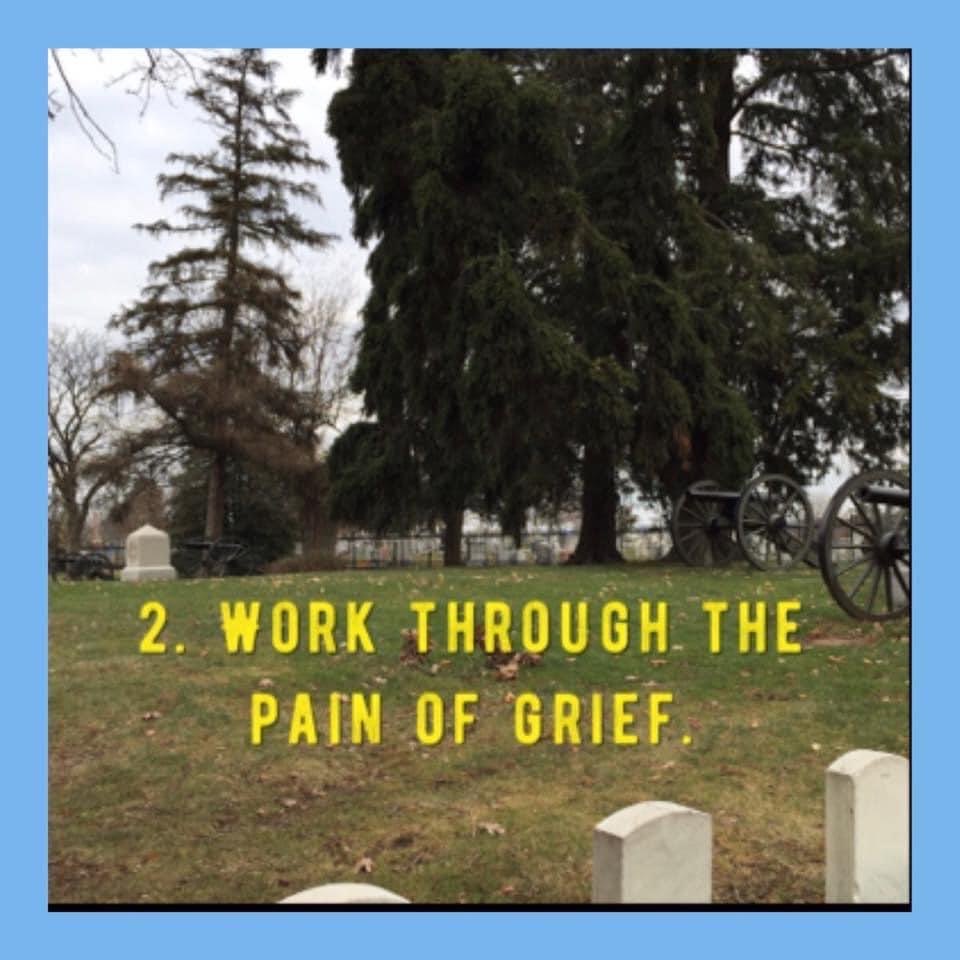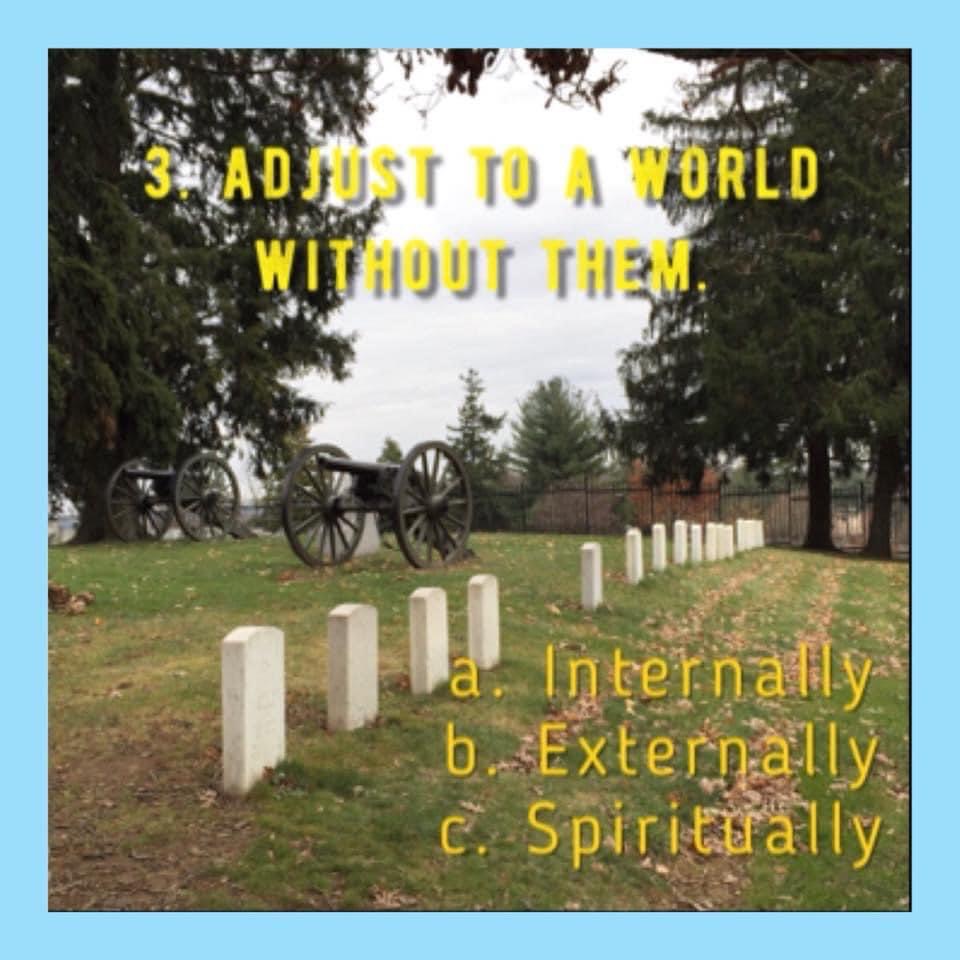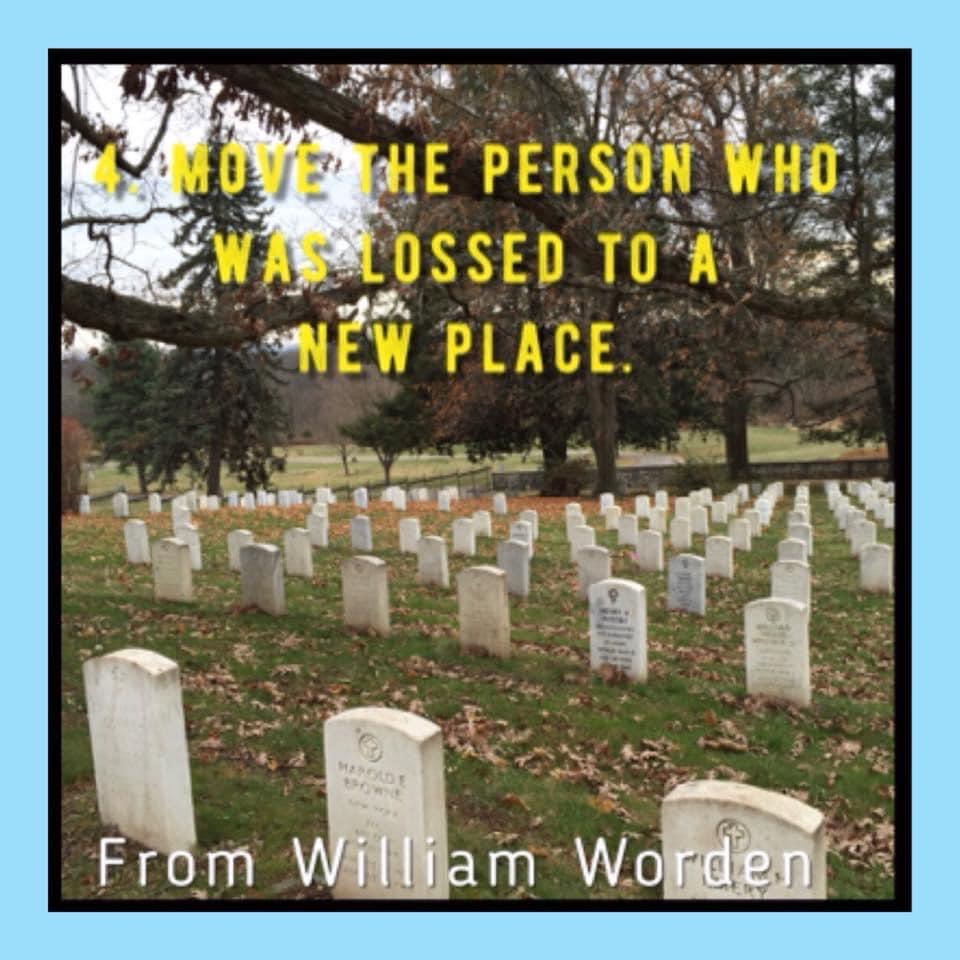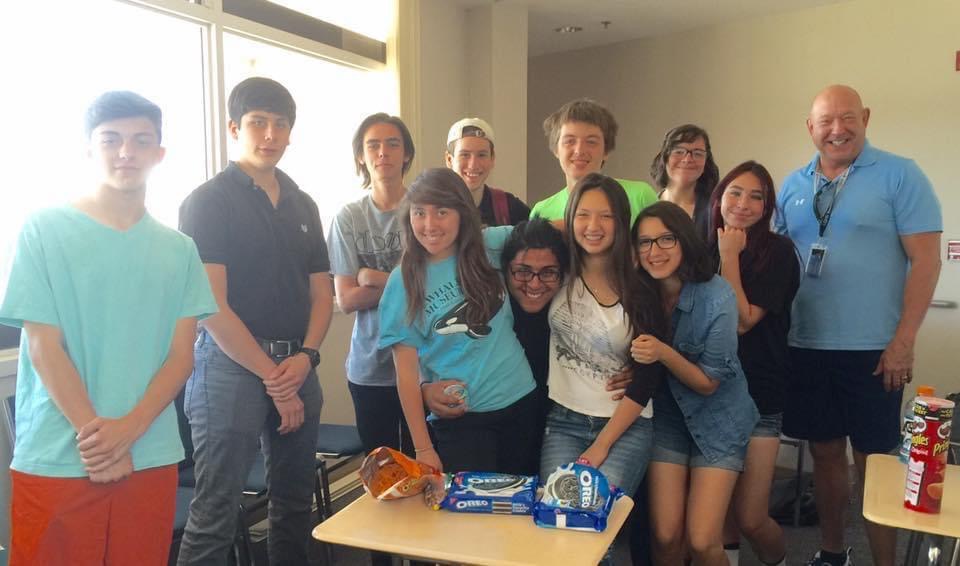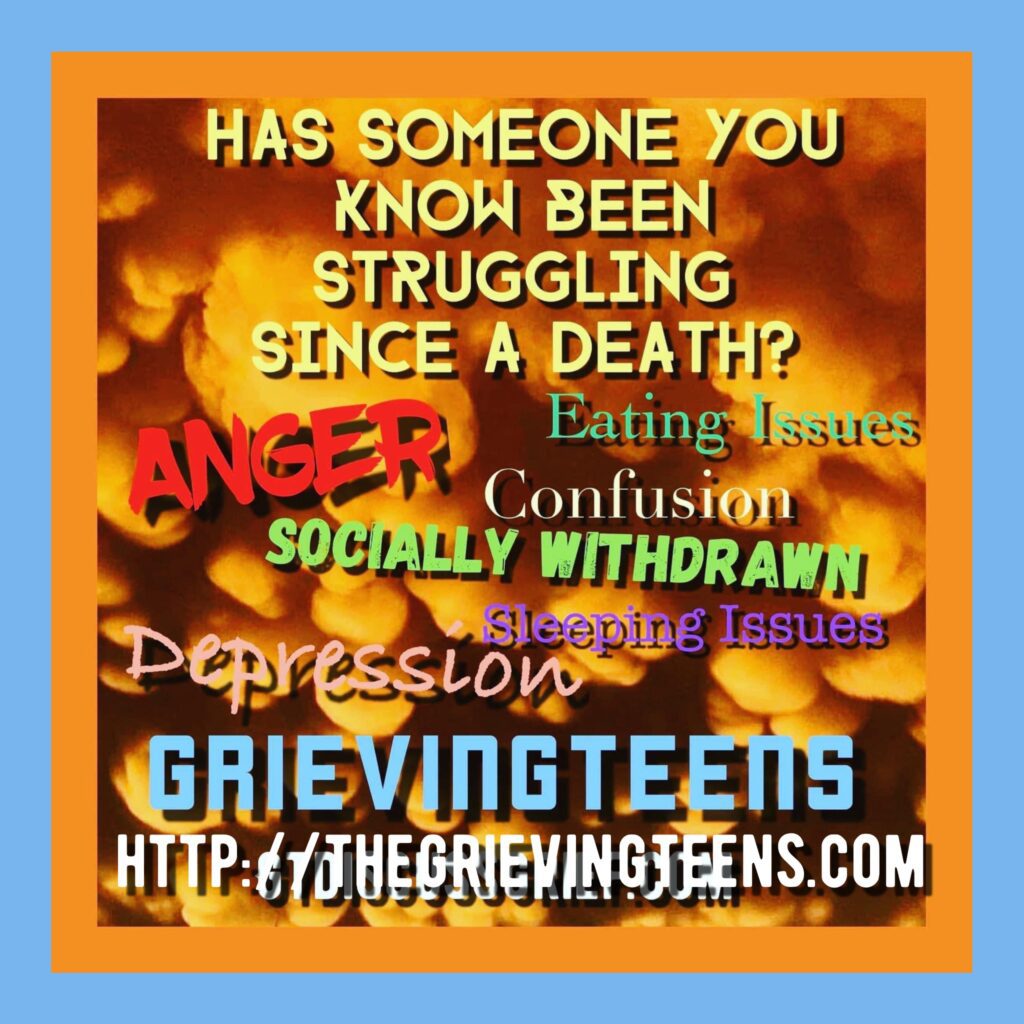Help GrievingTeens with Your Support! Celebrating 29 Years!
Established in 1997
About Us
About Us
For over 26 years GrievingTeens has helped students in 4 local high schools deal with the traumatic and disruptive issues of grief in their lives. Grief for young people comes in many forms, death, drugs, abandonment just to name a few. And the consequences of unresolved grief are profound:
- Grades often suffer, to the point of dropping out of school altogether
- Increase in suicidal thoughts
- Distancing and breaking of relationships with family and friends
- Lack of interest, in life
- Increase in self-harm from eating disorders, cutting or even suicide.
When these things happen to someone still in their teens the patterns of thought and action can stay with them for the rest of their lives. At that age they are not prepared, they don’t have the coping skills of an adult.
How GrievingTeens got started in 1997 at PDHS. Interviewed by Harrison Burns.
To Receive a free book please fill out the following below.
